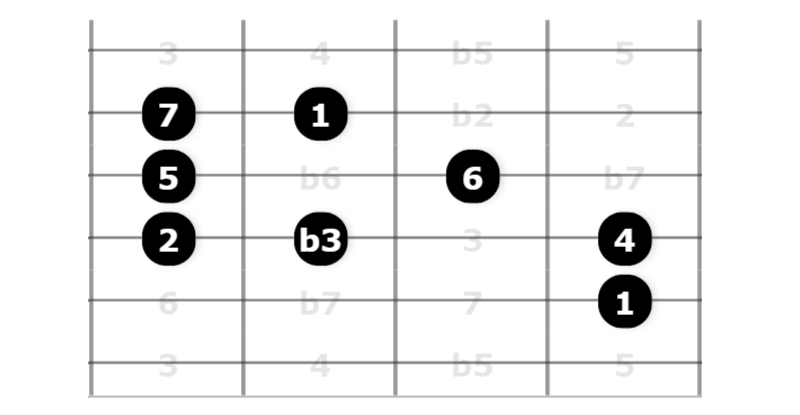
What motivated you to apply to the BA-CSMS? Include any additional information that you believe would help us in making our admissions decision. Personal Statement: Describe your academic and musical backgrounds as well as your career goals.The following supplemental materials are required and will be uploaded directly to the music application: This degree thus trains students to communicate about music across broad and diverse audiences and to conduct the original research necessary to answer the questions facing music industries today. A maximum of fifteen hours of music electives and twenty-seven general electives offers students flexibility to tailor the degree to their career objectives, which might range from business to law, medicine, tech, and beyond. A robust core of twenty-seven hours in ethnomusicology and music history culminates in a capstone research, professional, or creative project.

It welcomes students with strong academic backgrounds and with diverse musical interests, skills, or experiences.

An ability to read music notation is not a prerequisite for admission no audition is required. The degree is open to students with little to no musical training. The Bachelor of Arts in Critical Studies in Music and Society (BA-CSMS) allows students to design an undergraduate music degree around their career interests in music. 2 (beginning through B)Ĥ.) Scales: all major and melodic minor scales, 3 octaves for E, F, F#, and G 2 octaves for all others.ĥ.) Sight reading to be provided at the audition. * Please note that the works listed are suggested pieces any standard work of comparable quality is acceptable. Saens Sonata, Poulenc Sonata, Stravinsky Three Pieces) or a complete work from standard repertoire (such as Weber Concertino, Rabaud Solo de Concours, Messager Solo de Concours, Osborne Rhapsody). 622, movement 1, exposition.Ģ.) A movement of a contrasting work from standard repertoire (such as Weber Concerto No. 3 octaves for E, F, F#, and G 2 octaves for all others.ģ.) Sight reading to be provided at the audition.ġ.) Mozart: Concerto in A Major, KV. There is no memory requirement.Ģ.) Scales: all major scales. Saens Sonata) or a complete work from standard repertoire (such as Weber Concertino, Rabaud Solo de Concours, Messager Solo de Concours, Osborne Rhapsody).* Please note that the works listed are suggested pieces any standard work of comparable quality is acceptable. majors):ġ.) One movement of a work from standard repertoire (such as Weber Concerti, Mozart Concerto, Krommer Concerto, St. The screening will be submitted directly through the Acceptd application.Ĭoncentration (Education, Composition, B.A.

To review jazz repertoire requirements, please visit /admission-auditions.

This page lists the classical audition requirements for all undergraduate majors.


 0 kommentar(er)
0 kommentar(er)
